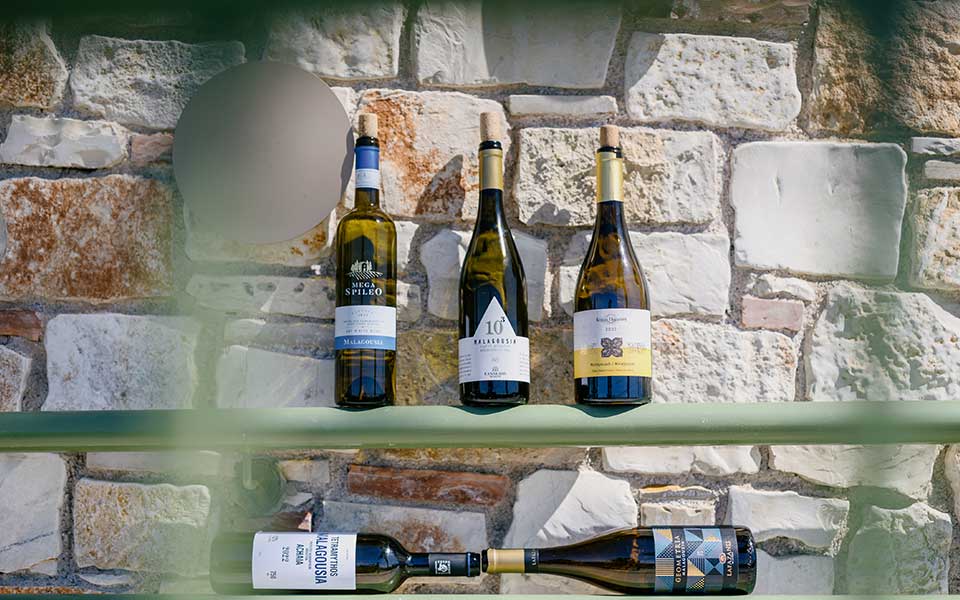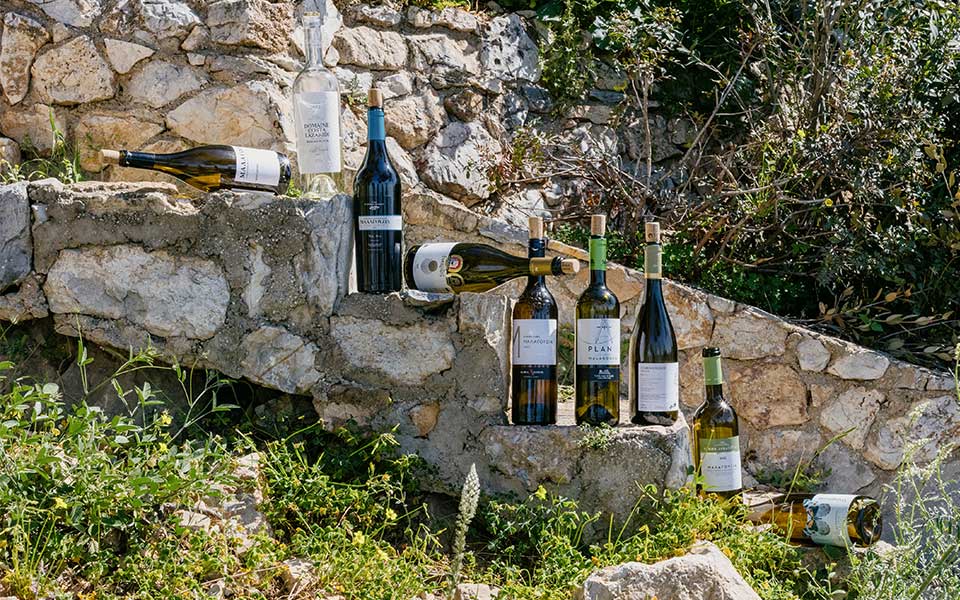Those who are familiar with Greek wine might liken Malagousia to Cinderella, the heroine of the famous folk tale. Forty years ago, Malagousia was an obscure variety. Everything, however, changed when it was discovered by Vangelis Gerovassiliou, a young oenologist of Domaine Porto Carras – the legendary winery.
Vangelis Gerovassiliou was directly involved in its development, having believed in it from 1981. A few years later, the notable oenologist Roxane Matsa undertook the task of disseminating the wine, sending Malagousia vines to any grower interested in cultivating them. Over the past forty years, and particularly during the last decade, Malagousia has seen increased interest in its cultivation.
Today, more than forty wineries from all over Greece produce at least one of its labels, with the different expressions of Malagousia winning over both entry-level and experienced oenophiles. Its many variations make it almost impossible not to find at least one person who has been captivated by it.

© Angelos Giotopoulos
What is Malagousia like?
It exhibits stone and citrus fruit aromas, floral notes, a medium body, medium acidity, and a rich oily texture as some of its main characteristics. Malagousia vines can adapt to different types of soil but do not yield the same grapes. Cretan Malagousia differs from Malagousia produced near Mount Parnassus in central Greece or Thracian Malagousia. Thus, you can find Malagousia varieties with herbal tones, tropical fruit aromas, or strong lemon acidity. High elevations and cold climates give it a lemony flavor with basil or spearmint tones, such as the Malagousia varieties of Northern Greece.
These are also interesting from a food pairing standpoint – stuffed vine leaves without meat, spinach pie, greens pies, red mullets marinated in orange and lime go well with these wines. Plains and warm climates, on the other hand, give the wine a higher alcohol content, tropical fruit, mature stone fruit notes, and a round flavor. The Malagousia varieties of Central Greece and Attiki are more appropriate as an aperitif but could pair well with light mezes, such as bruschetta with roasted apricots and gorgonzola cheese, fresh, soft cheeses with fruits, and green salads with a fruity vinaigrette.
Apart from the wine’s different styles, which are due to Greece’s diverse climates, there are also different styles of vinification. There are dry Malagousia wines that are bottled fresh from a stainless-steel tank, and others that pass through barrels. These particular Malagousia wines pair perfectly with rich foods, such as stuffed cabbage leaves, seabass with an anise sauce, and chicken with estragon and hot potato salad. The wine’s orange varieties are quite popular, with aromas of lotus, mandarin, dried apricot, nuts, and bitter orange peel. They can be a bit more challenging to pair – like all orange wines, Malagousia orange wines pair best with strong flavors, such as green olive pesto, grilled artichokes served with lemon and green olive oil, falafel with a tahini sauce, eggplant with miso, baked cabbage with garlic, roasted hazelnuts, and yogurt.
Finally, Malagousia wines also pair well with desserts. Sweet Malagousia wines are rare, but the small quantities that are produced are exceptional. Honey, sweet preserved orange, sugared lemon peel, peach compote, and citrus blossoms compose an elegant flavor that pairs well with fruit tarts, pavlova with tropical fruits, or peach pie. For those who are a bit more daring, try it with kariki – a particularly matured cheese from Tinos – and apricot chutney.
You now know which Malagousia wine to ask for based not only on your personal preferences but also on the dish you are having or the wine region you want to explore.












